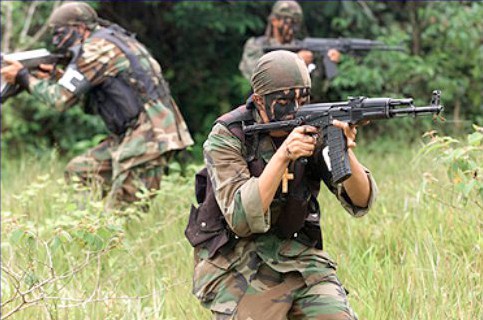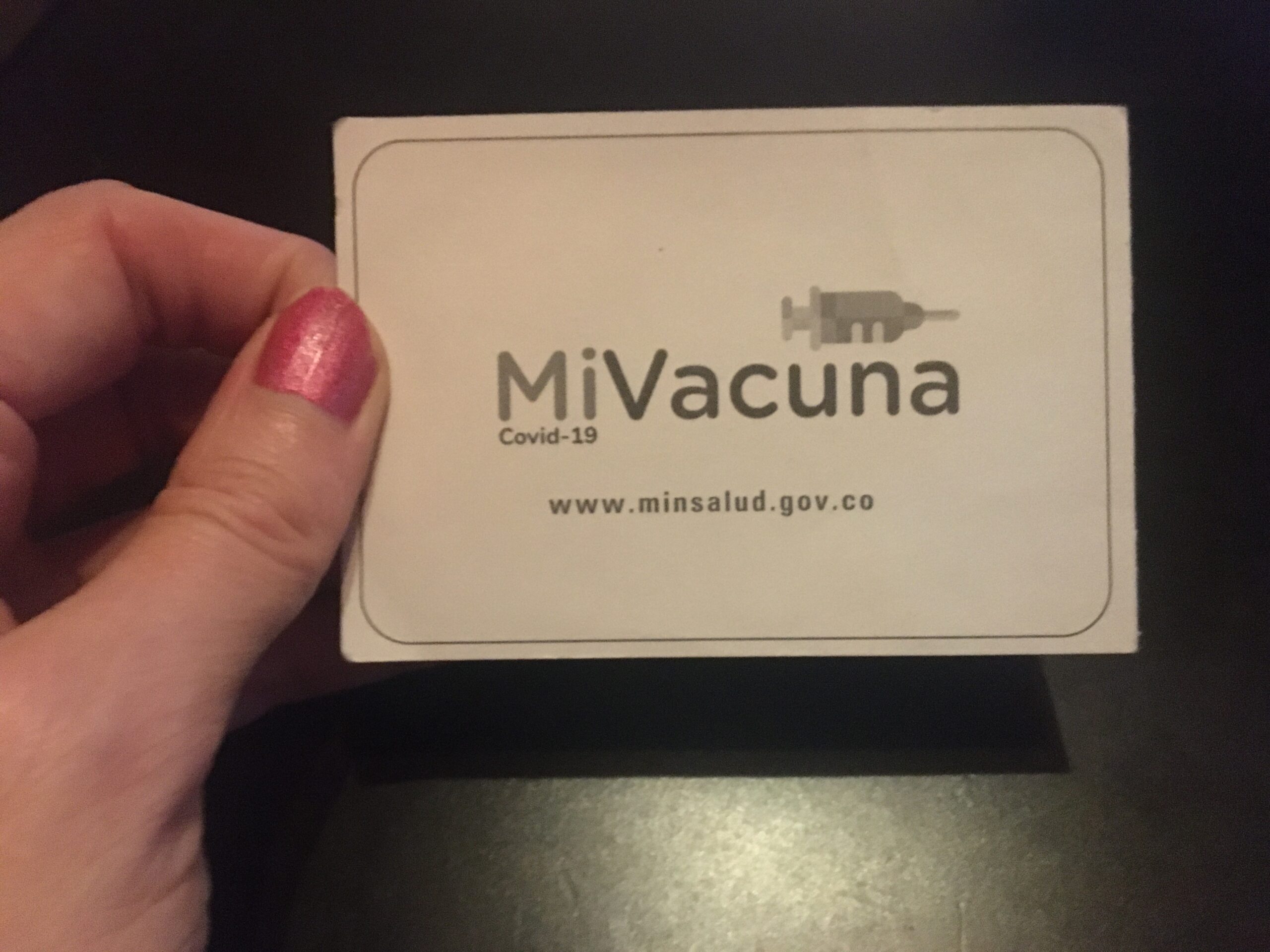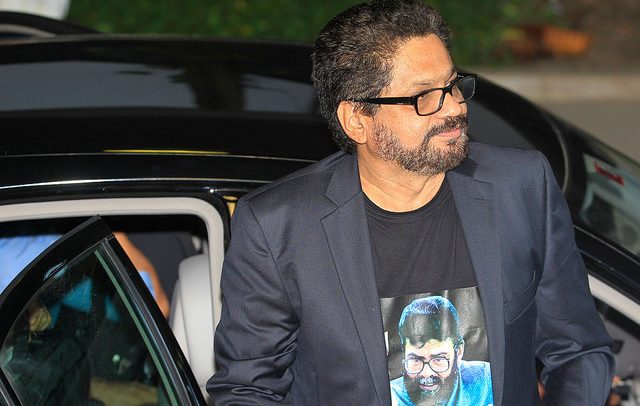
Yesterday, February 6, Venezuelan military vehicles barricaded a highway that connects Colombia and Venezuela in an attempt to cut off the supply of humanitarian aid that was to be brought to the country.
The delivery had been arranged by Nicolas Maduró’s main opposition, self-declared interim president Juan Guaidó – with the help of US backing – in a bid to assert his legitimacy. Emergency food and medical supplies are due to arrive next week in Cúcuta.
The Tienditas bridge connects the Venezuelan state of Táchira with the Colombian department of North Santander. It has served as one of the three routes connecting the two countries since 2016, when the bridge was completed, but it has never been used.
Sources suggest that the aid will arrive at the border early next week. If past situations are anything to go by, the aid will be disbursed to Venezuelans that cross into Colombia over the border as a possible solution to the escalating rhetoric.
In a public speech he gave on Monday, Maduro – who worries the aid is a pretence for a US invasion – claimed that Venezuela is currently subject to a “process of threats, pressure and attacks” designed to undermine his governance.
Speaking to military troops, Maduro asked his supporters whether they believed the US “oligarchy was in a position to defend the nation’s best interests in the world,” to which they replied, “no.” In addition to this, he continued to insist that his country was not in need of humanitarian aid. “They want to humiliate the Venezuelan people…nothing’s going to get in” he added.
In response to the barricade, US Secretary of State Mike Pompeo took to Twitter to condemn Maduro’s actions. “The Maduro regime must LET THE AID REACH THE STARVING PEOPLE,” he wrote.
However, for organisations such as the International Committee of the Red Cross (ICRC), Maduro’s decision to blockade the highway might not have come as such a surprise. According to reports by the Associated Press, the humanitarian institution warned the US about sending supplies without the approval of Venezuelan security forces and refused to supply any of their own aid.
When questioned on their reasons for refusing to partake in the US’ supply of aid, communication representatives from ICRC told The Bogotá Post that for the moment, the organisation was not prepared to make any statements regarding this issue.
Besides the US, several nations have urged Venezuela to allow aid into the country, including 11 of the 14 Lima Group countries and the UK. For his part, UK Minister of State for Europe and the Americas Alan Duncan published the below tweet yesterday, February 6.
This morning, Guaidó also urged the Venezuelan military to allow aid into the country, promising he would do everything in his power to ensure its entry.
“This aid will save lives. Soldiers, it could save your mothers, sisters, daughters, sons. Are you going to deny your family the possibility of help?”
Guaidó asked, in a speech published via Twitter.
Whilst we work every day to ensure the success of the arrival of #HumanitarianAid, they insist on diverting medicines and food from those who urgently need them.”
However, to the discontent of some citizens, soldiers of the National Bolivarian Armed Forces of Venezuela (FANB) continue to stand firm in their orders to block the entry of humanitarian aid into the country.
Videos such as the below were shared on social media yesterday by members of the National Assembly, appearing to show citizens confronting the military.
Although Guaidó has the backing of most Latin American countries, along with several members of the EU including the UK, Spain, France, Germany, Sweden and Denmark – several of whom have already pledged contributions of humanitarian aid – Russia, China and Cuba continue to ally with Maduro.
Last weekend saw both sets of supporters take to the streets in large-scale rival protests against each respective leader.
With the situation appearing to be at breaking point, Pope Francis spoke to Reuters reporters on the morning of Tuesday, February 5, outlining his willingness to mediate between the Venezuelan rival leaders if both sides are prepared to request his help.
Today, February 7, leaders from across the EU and Latin America will meet in the Urugyuan capital of Montevideo to discuss Venezuela’s future. The International Contact Group on Venezuela aims to organise new elections within 90 days, reports Reuters.
Meanwhile, according to EFE, a counter initiative named the ‘Montevideo Mechanism,’ has also been formed with representation from Mexico, Uruguay and CARICOM Caribbean nations. The group has proposed immediate dialogue and negotiation with Maduro, calling for a “democratic,” solution to the current conflict.
The United Nations estimates that around three million Venezuelans have emigrated after food and medicine shortages have plagued their country since 2015, generating a humanitarian crisis described as the worst in modern Latin American history.





